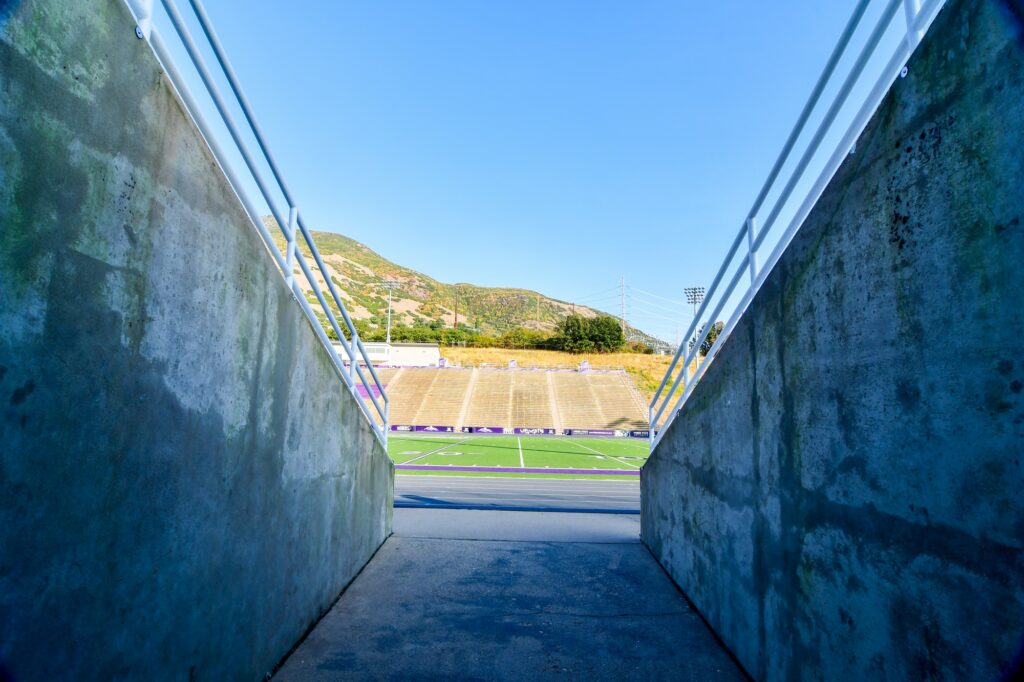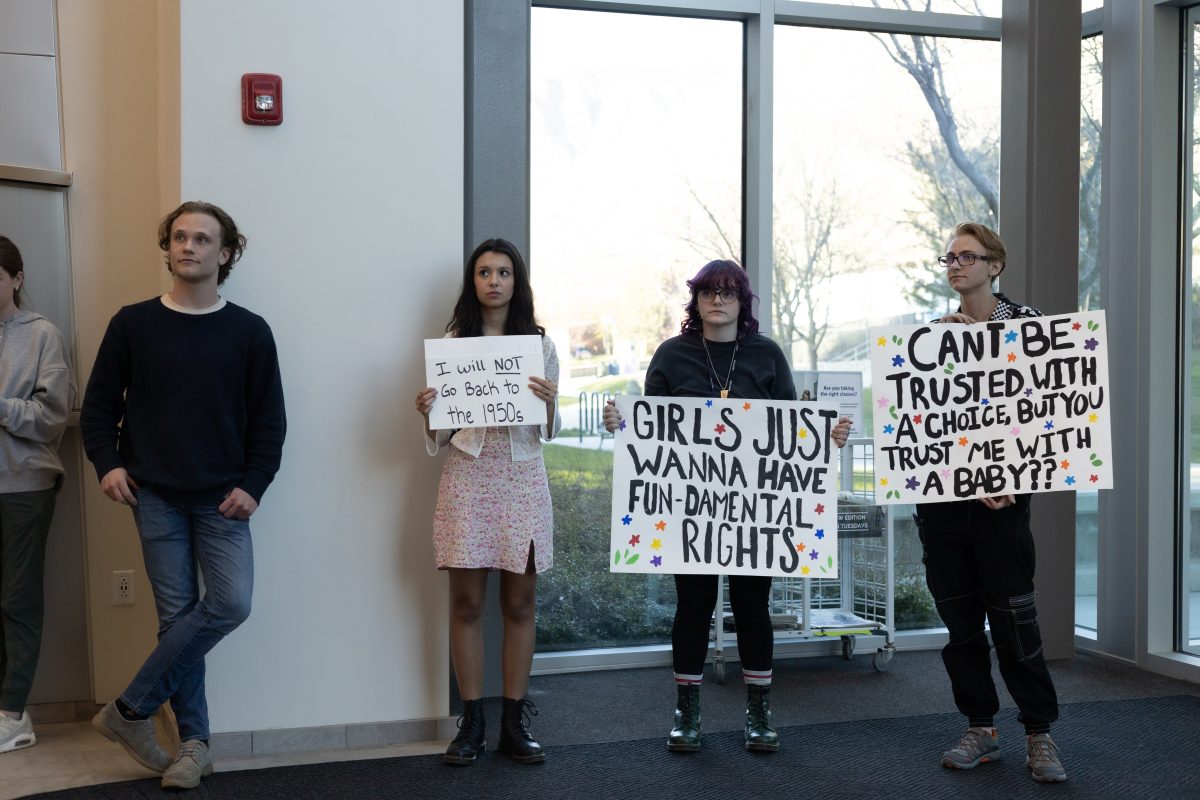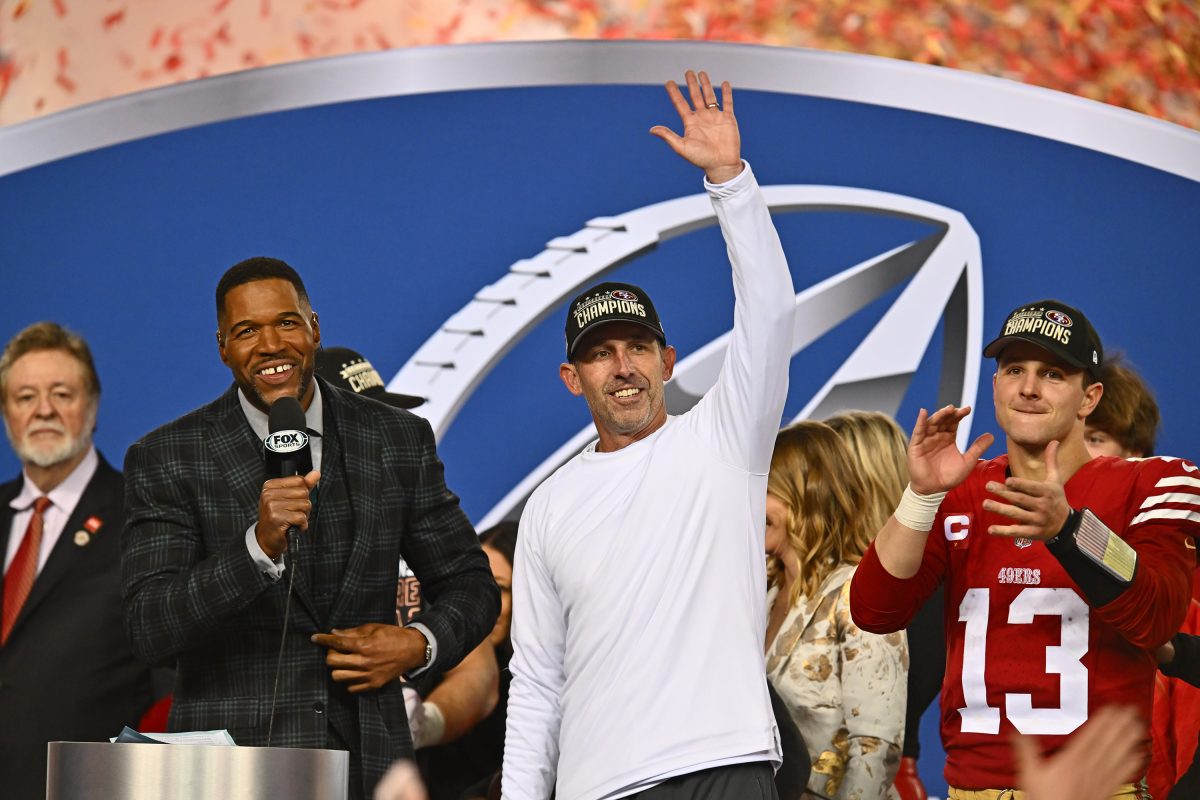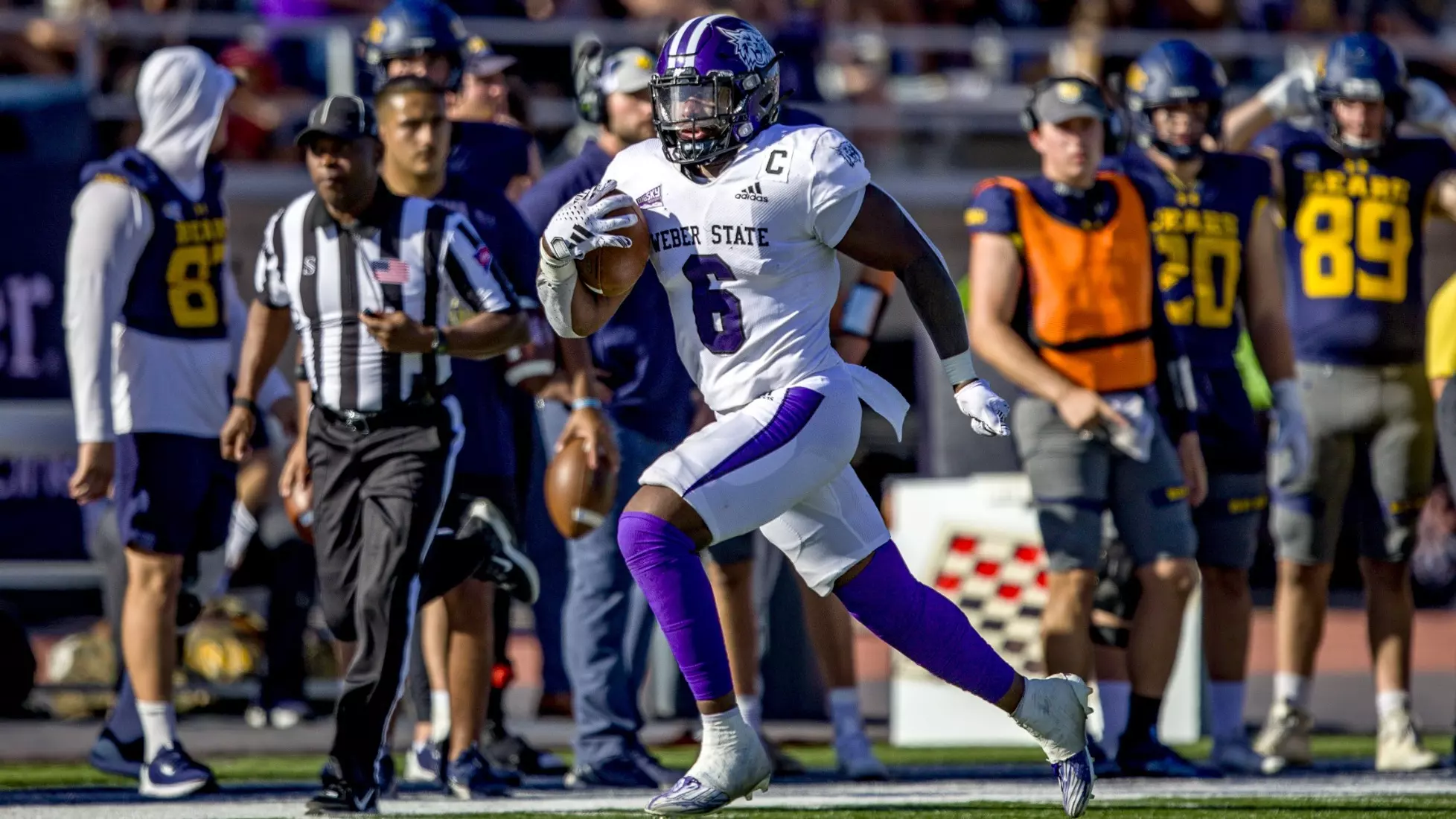In a perfect world, the Weber State Wildcats would be preparing for their Sept. 19 matchup in Cedar Falls, Iowa, against the Northern Iowa Panthers. Last year, WSU welcomed them to Stewart Stadium and beat them 29-17. This year, the game was canceled.

All over the country, college football schedules were either read canceled or postponed as every conference decided to cut some of the non-conference games from their slate as they looked to ease the spread of the coronavirus.
For the bigger conferences like the SEC, ACC, Big 10, Big 12 and PAC-12, these decisions were tough but not much of a setback, though Big 10 announced on Sept. 16 it would resume games on Oct. 24. For conferences like Big Sky, which resides in the FCS division, these cancellations were costly.
The five conferences listed above are called Power Five or Group of Five, commonly known as G5. G5 schools have a love-hate relationship with smaller schools. They love that they can pay them, fill their non-conference schedule up and usually pick up an easy win. They hate that sometimes the smaller school goes out and gets the best of them. FBS schools have a love-hate relationship with FCS schools for that same reason.
Since the Wildcats became a top team in the FCS back in 2017, they’ve faced off with the California Golden Bears, Utah Utes, San Diego State Aztecs and Nevada Wolfpack. Coach Jay Hill and his teams have yet to secure a win over any of them despite some close contests.
This season he was supposed to get another shot at an FBS upset.
The Wildcats were supposed to travel to Laramie, Wyoming, and face off against the Wyoming Cowboys on Sept. 5. The Cowboys reside in the Mountain West conference and were set to pay WSU a guaranteed six figures but COVID-19 has snatched that opportunity away from the ‘Cats. No money, no FBS-FCS clash, no shot at catapulting the team’s respect on a national level.
Portland State University, which is a member of the Big Sky, was set to bring in $950,000 for the athletic department thanks to their matchups against the Arizona Wildcats and Oregon State Beavers during the 2020-21 football season; once the PAC-12 decided to cancel non-conference contests, PSU lost that opportunity.
By the time Aug. 7 was lost, hope surrounding college football was quickly fading and the Big Sky announced that they had made its decision regarding the upcoming football season.
“Due to continuing concerns related to the COVID-19 global pandemic, the Big Sky Conference is postponing its fall 2020 football season to spring 2021. The conference’s Presidents’ Council convened Thursday and voted to move forward in this matter,” the conference said in a press release.
The decision was heart-wrenching but expected and pursuing a 2021 season is surprising and could very easily falter.
A normal college football season begins in August and ends in January. This happens every year and gives players and coaches enough time to physically and mentally recover from a demanding schedule.
Not only would playing football in the spring be unusual, but it could also be hopeless. The season is currently underway and should be finished by January, with other programs starting in the spring. This will create an off-season that is not in sync.
This would not only create an unfair advantage for teams that had extra rest, but it would be a health risk for players that had less rest.
“I would like to see this issue not disrupt fall 2021, it’s not worth it. We already lost one season, I don’t want to interrupt two,” Coach Hill told the Salt Lake Tribune.
As if things were not already difficult enough, the Pac-12 and Big Ten, who made the same decision to postpone until Spring, have actively been pursuing ways to start their season within the next couple of months.
On Sept. 16, the Big Ten announced that they would be beginning their season in late October after they received a unanimous vote within the conference. The Pac-12 targeted November as a potential date to begin the season if they decide that they want to play this fall.
Both of these decisions are great for the conference’s reputation but there are still problems that await every team once the 2021-22 off-season arrives.
The NCAA approved a proposal back in August that will grant all fall athletes with an extra year of eligibility, regardless if they play in games this season. While this is great for the athletes, this could lead to a stressful off-season for many athletic programs.
Every year, the biggest roster movements on the collegiate level come when seniors graduate and freshmen enroll. Out with the old, in with the new. Due to the NCAA’s decision, the old won’t be out, but the new will be in.
Athletic departments could be looking at an unprecedented disaster of an off-season because if they don’t dig into their pockets and gather money for extra scholarships, they’ll lose the players who they cannot afford to play.
If the program is not financially capable of increasing the number of scholarships they can give, they may be forced to cut players, which will not only break promises given to these athletes, but it will also break their hearts.
Now all hope isn’t lost for the future seasons, because outside of boosters, donations and getting paid to compete in games, there is a fairly obvious way to create revenue. Fans.
If full capacity is allowed at stadiums around the country during the 2021-22 football season, the financial impact of the nightmarish year of 2020 won’t be nearly as bad as it could be. But to get to that point, America will have a couple of tasks.
The first task is simple: it’s time to be more responsible during this pandemic. If we want to attend sports events, do what Waldo the Wildcat says and put your mask on.
The second task relies on the first. If we are able to attend sports events and you are able to afford it or do it, go support your team. They will need it. To Weber State fans, this one is vital.
The Wildcats have won three straight Big Sky championships.
A strong lesson that 2020 has taught has been that nothing should be taken for granted.
The Weber State football team has been taken for granted since 2017 and it was evident during last season’s quarterfinal game against the University of Montana. There were 6,422 people in the stands during that game which seems like a good turnout for the ‘Cats, until you realize that the maximum capacity of the stadium is 17,312.
Weber State fans have been passionate and supportive, but not enough have made an effort to be there. Next season, if everything goes right, they’ll have an opportunity to influence the team’s future in a positive way but once again, they have to be there if they are able too. A less than half-empty stadium during a playoff game against arch-rival Montana is not what will get the job done.




















